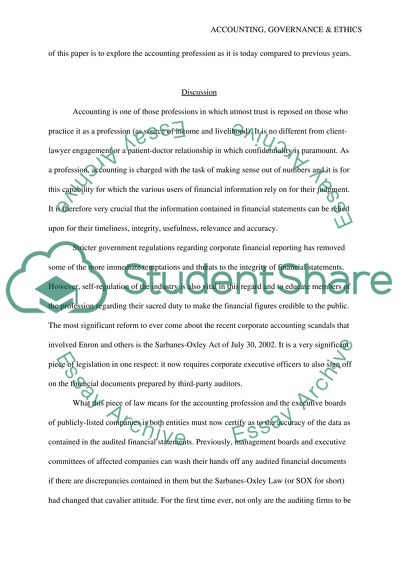Cite this document
(“Accounting,corporate governance and ethics Essay”, n.d.)
Retrieved from https://studentshare.org/finance-accounting/1420069-accountingcorporate-governance-and-ethics
Retrieved from https://studentshare.org/finance-accounting/1420069-accountingcorporate-governance-and-ethics
(Accounting,corporate Governance and Ethics Essay)
https://studentshare.org/finance-accounting/1420069-accountingcorporate-governance-and-ethics.
https://studentshare.org/finance-accounting/1420069-accountingcorporate-governance-and-ethics.
“Accounting,corporate Governance and Ethics Essay”, n.d. https://studentshare.org/finance-accounting/1420069-accountingcorporate-governance-and-ethics.


